No War with Syria!
The Nation
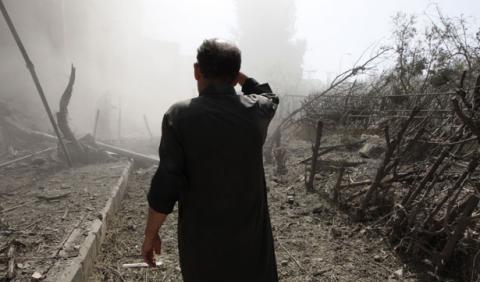
The first step would be for Washington to put intense pressure on Saudi Arabia, the Arab states of the Persian Gulf, and Turkey, to halt the flow of weapons to the Syrian rebels, while simultaneously getting Russia and Iran to do the same. A concerted, worldwide diplomatic effort along those lines could work, but there’s zero evidence that President Obama has even thought of that.


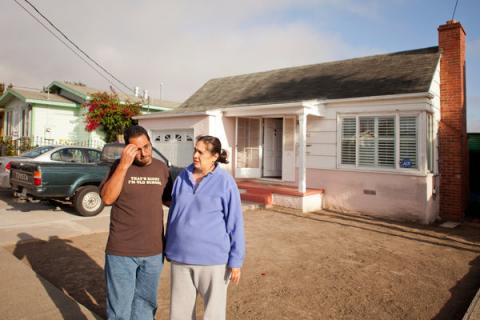


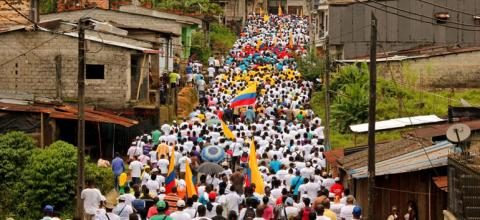
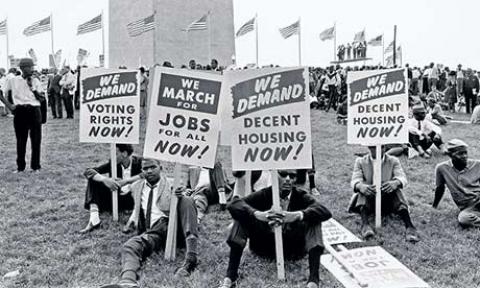
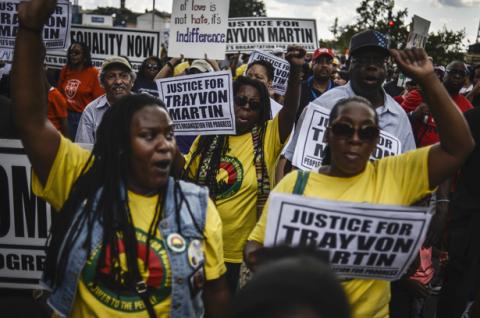
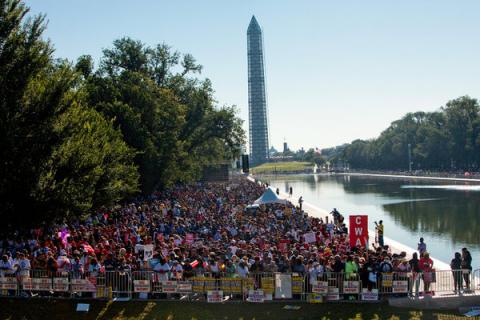
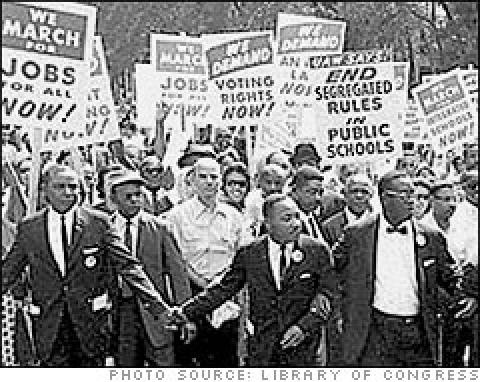
Spread the word